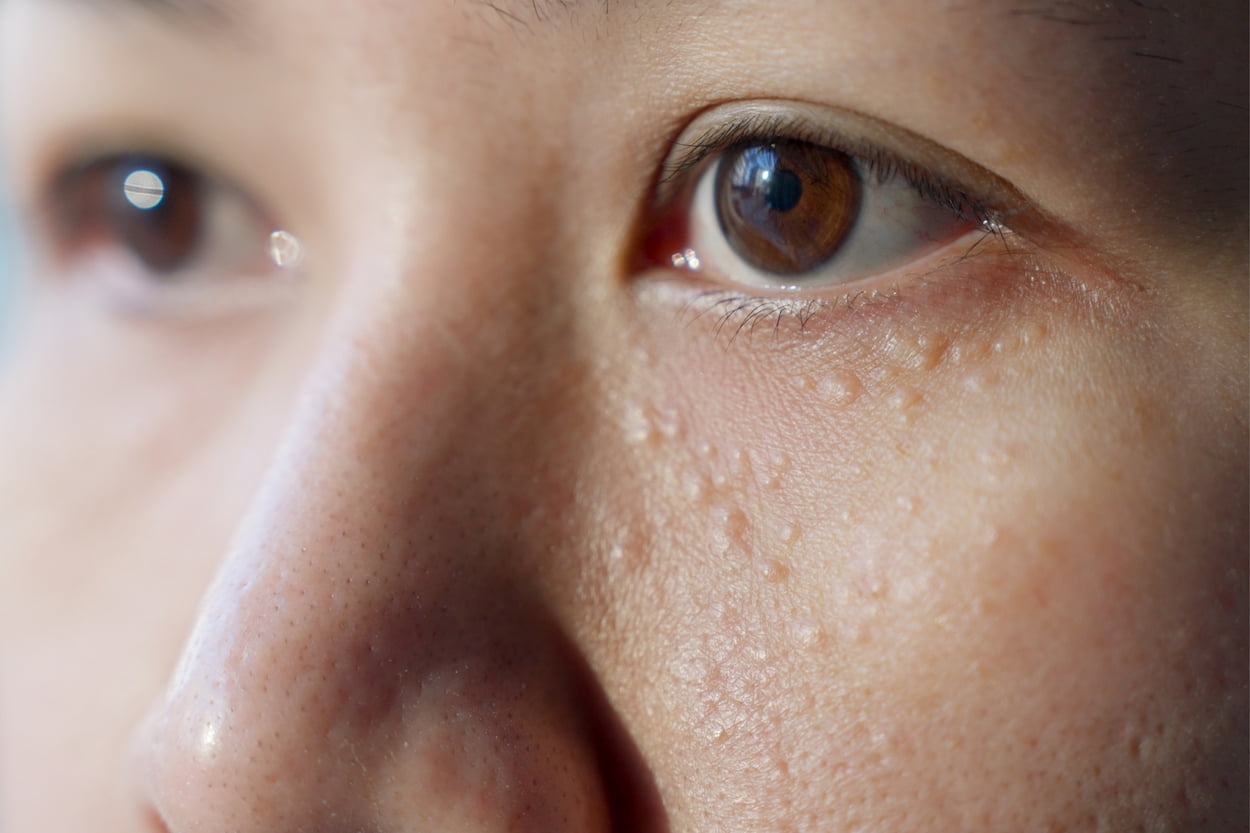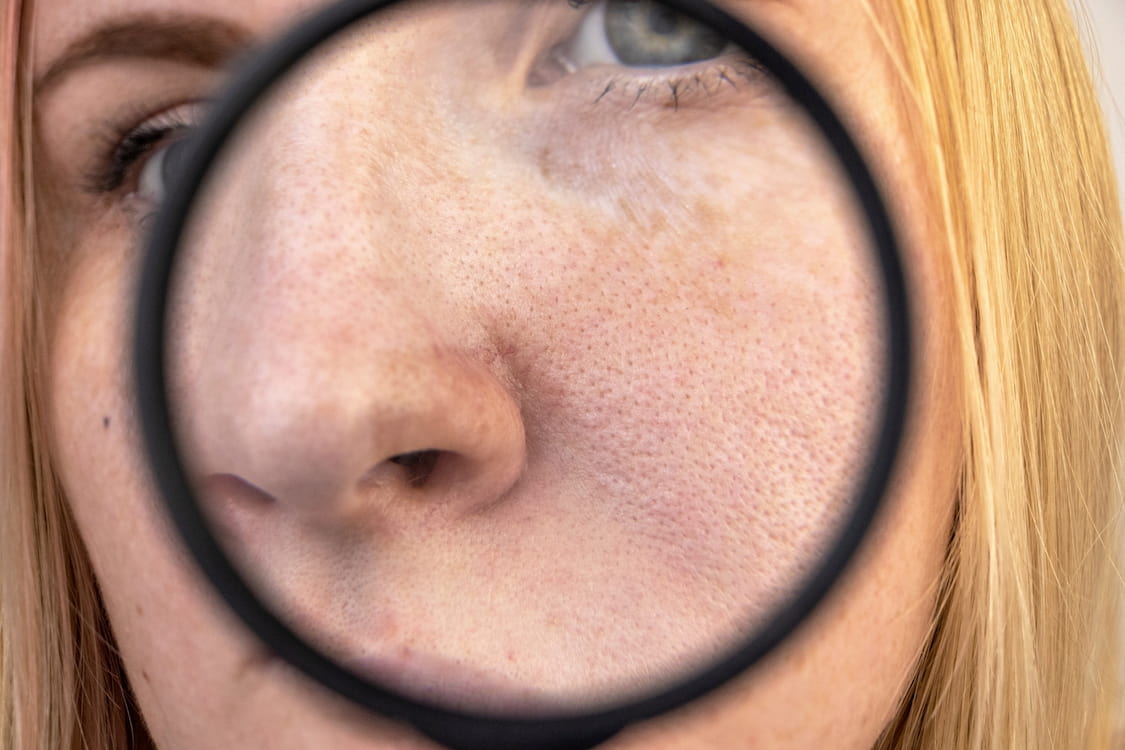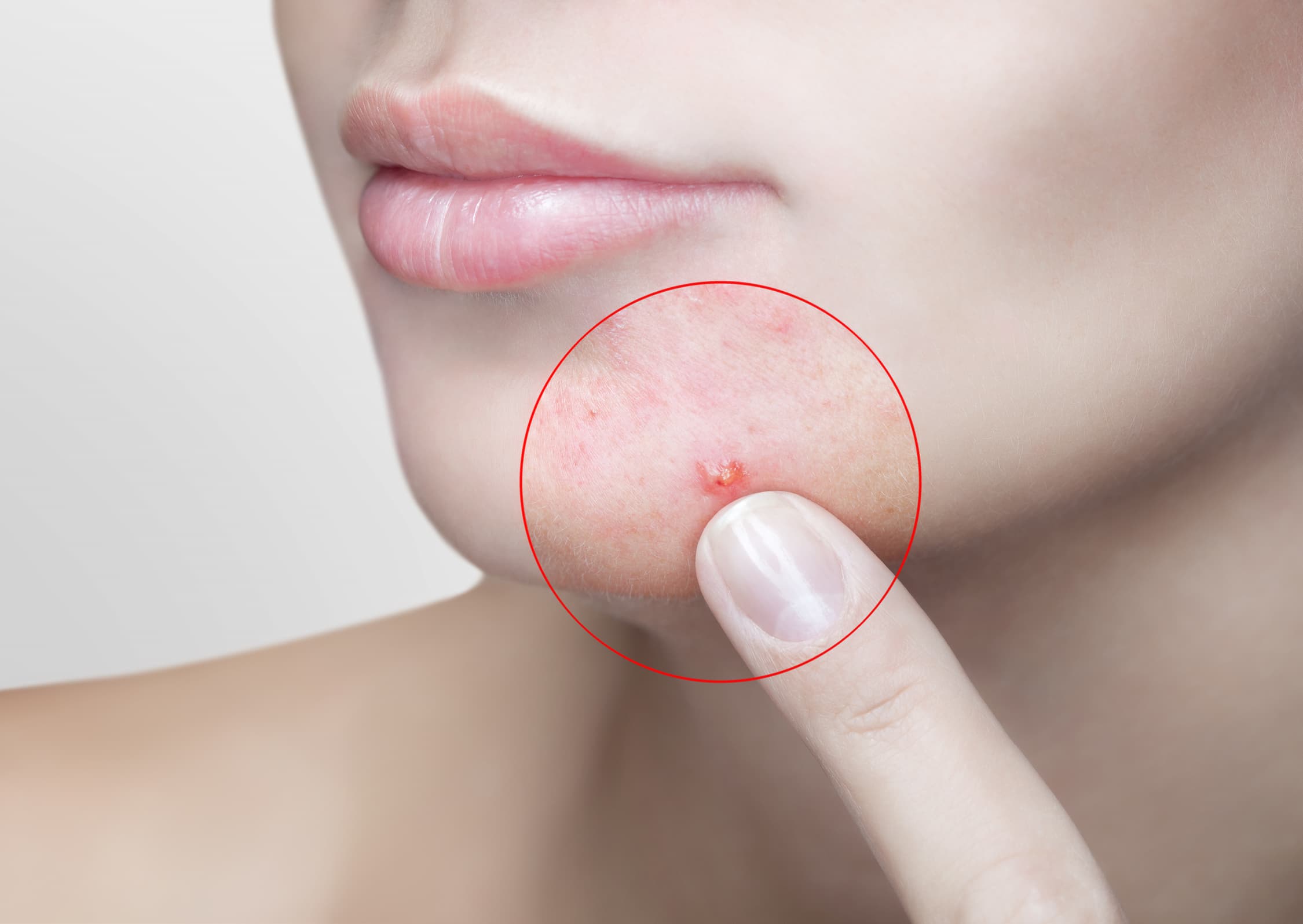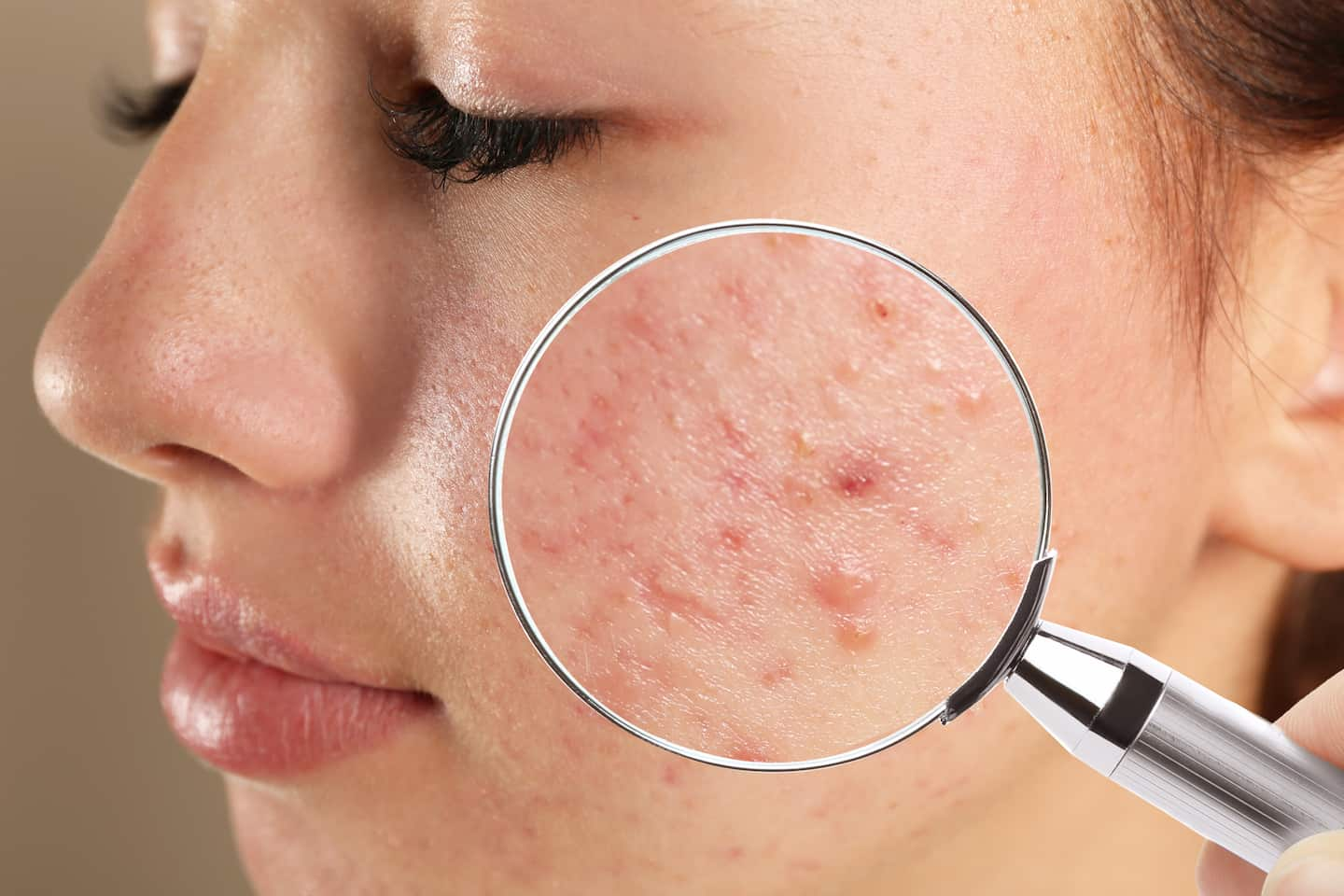
Habits That Could Be Causing Your Acne Flares
Acne is a prevalent skin condition that affects people of all ages and genders. It is often characterized by pimples, blackheads, and whiteheads that can appear on the face, neck, chest, back, and shoulders.
While several factors can contribute to acne, such as genetics and hormonal changes, certain habits can trigger or worsen acne flares. These habits can range from dietary choices to skincare routines and lifestyle factors. Therefore, understanding and identifying these habits can be crucial in preventing and managing acne flares.
In this article, we will discuss eight habits that could be causing your acne flares and provide tips on how to avoid them.
What Causes Acne Flares?
Acne is a common skin condition that affects millions of people worldwide. Acne flares occur when the skin becomes inflamed, resulting in the formation of red pimples, blackheads, and whiteheads. While many factors can contribute to the development of acne, certain habits can trigger acne flares. In this article, we will discuss eight habits that could be causing your acne flares.
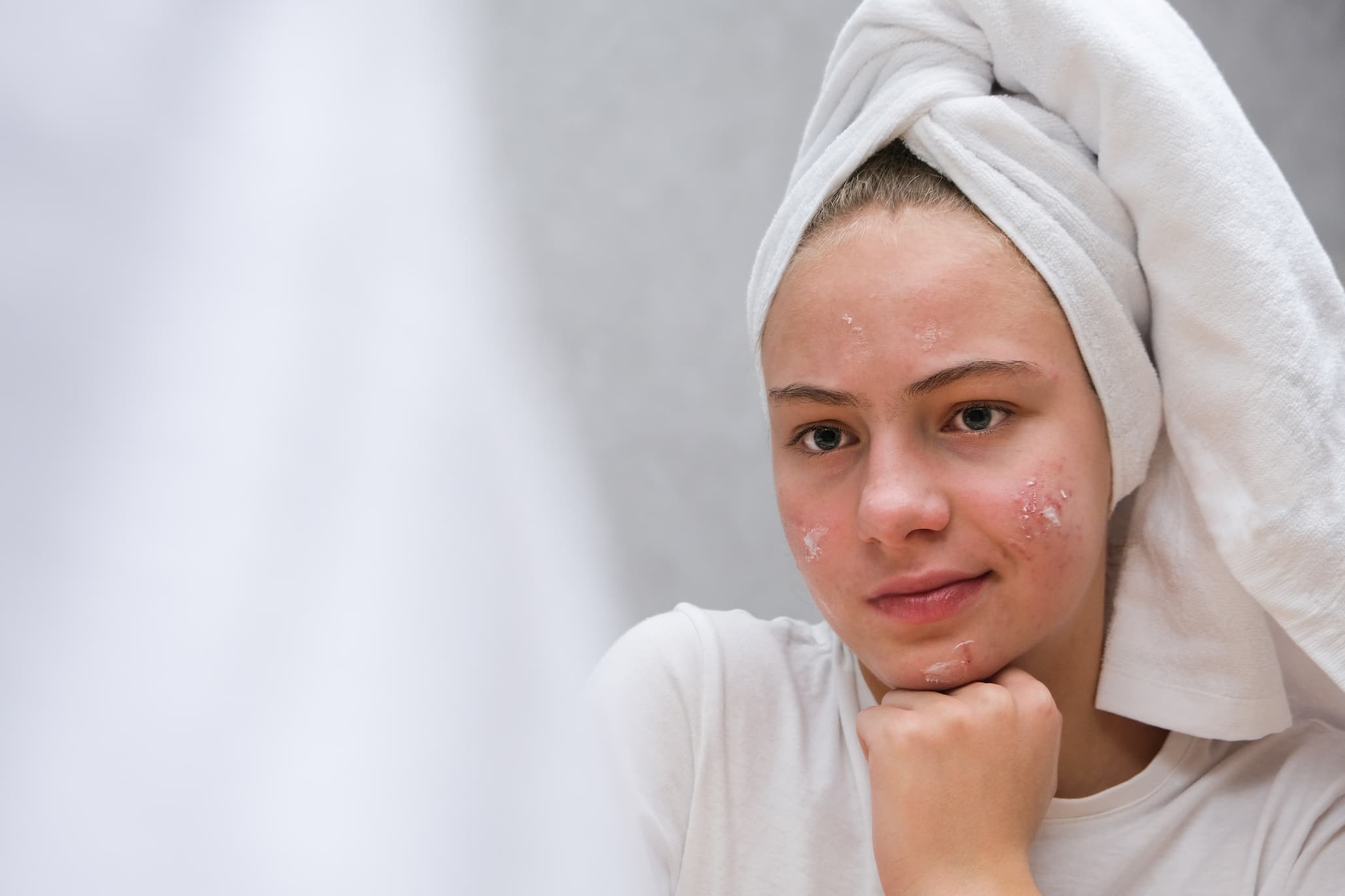
Poor Diet
A poor diet can contribute to the development of acne flares. Foods high in sugar, refined carbohydrates, and unhealthy fats can increase insulin levels in the body, leading to inflammation and acne. Dairy products, especially milk, can also trigger acne flares due to the presence of hormones that stimulate oil production in the skin.
To prevent acne flares, try to incorporate more whole foods into your diet, such as fruits, vegetables, whole grains, and lean proteins. Limit your intake of processed foods and sugary drinks, and opt for low-fat dairy products or plant-based alternatives.
Lack of Sleep
Lack of sleep can also contribute to acne flares. When you don’t get enough sleep, your body produces more cortisol, a stress hormone that can increase inflammation in the skin and trigger acne. Lack of sleep can also disrupt your immune system, making it harder for your body to fight off acne-causing bacteria.
To prevent acne flares, aim for seven to nine hours of sleep per night. Stick to a consistent sleep schedule, and create a relaxing bedtime routine to help you unwind before bed.
Using Harsh Skincare Products
Using harsh skincare products can also trigger acne flares. Products that contain alcohol, fragrances, and other harsh ingredients can strip the skin of its natural oils, leading to dryness, irritation, and acne.
To prevent acne flares, use gentle, non-comedogenic skincare products that are free of harsh ingredients. Look for products that contain salicylic acid, benzoyl peroxide, or other acne-fighting ingredients, but use them in moderation to avoid over-drying the skin.
Not Washing Your Face Properly
Not washing your face properly can also contribute to acne flares. When you don’t cleanse your skin thoroughly, dirt, oil, and dead skin cells can build up on the surface of the skin, clogging pores and triggering acne.
To prevent acne flares, wash your face twice a day with a gentle cleanser. Use lukewarm water and avoid scrubbing the skin too hard, as this can cause irritation and inflammation.
Touching Your Face Too Often
Touching your face too often can also trigger acne flares. When you touch your face, you transfer bacteria, oil, and dirt from your hands to your skin, increasing the risk of clogged pores and acne.
To prevent acne flares, avoid touching your face as much as possible. If you must touch your face, wash your hands first and try to avoid rubbing or picking at your skin.
Stress
Stress can also contribute to the development of acne flares. When you’re stressed, your body produces more cortisol, a stress hormone that can increase inflammation in the skin and trigger acne. Stress can also disrupt your sleep and immune system, making it harder for your body to fight off acne-causing bacteria.
To prevent acne flares, try to reduce your stress levels by practicing relaxation techniques, such as yoga, meditation, or deep breathing.
Hormonal Changes
Hormonal changes can also trigger acne flares. During puberty, the body produces more androgens, hormones that stimulate oil production in the skin and increase the risk of acne. Hormonal changes during the menstrual cycle can also trigger acne flares in women.
To prevent hormonal acne flares, consider talking to your healthcare provider about hormonal birth control options or other treatments that can help regulate your hormones.
Not Exercising Enough
Not exercising enough can also contribute to the development of acne flares. Exercise helps to reduce stress and inflammation in the body, which can help prevent acne flares. Exercise also helps to increase blood flow and oxygen to the skin, promoting healthy skin cell turnover and reducing the risk of clogged pores.
To prevent acne flares, aim for at least 30 minutes of moderate-intensity exercise per day. Consider incorporating activities such as walking, cycling, or yoga into your routine.
Not Drinking Enough Water
Not drinking enough water can also contribute to the development of acne flares. Water helps to flush toxins and impurities from the body, promoting healthy skin cell turnover and reducing the risk of clogged pores. Dehydration can also lead to dry skin, which can trigger acne.
To prevent acne flares, aim to drink at least eight glasses of water per day. If you struggle to drink enough water, consider adding flavorings such as lemon or cucumber to make it more palatable.
The Study of Acne Flares Cause
A recent study published in the Journal of Dermatology examined the impact of lifestyle habits on acne flares in a cohort of over 1,000 participants. The study found compelling evidence linking poor dietary choices, inadequate sleep, and high stress levels to increased acne flares. Participants who reported consuming diets high in sugar and refined carbohydrates were more likely to experience severe acne, while those with consistent sleep patterns and effective stress management techniques showed a significant reduction in acne flare-ups. These findings underscore the importance of addressing lifestyle factors to prevent and manage acne effectively.
Treat Your Acne with Healthy Turkiye
Acne flares can be triggered by a variety of habits, including poor diet, lack of sleep, using harsh skincare products, not washing your face properly, touching your face too often, stress, hormonal changes, not exercising enough, and not drinking enough water.
By making lifestyle changes such as eating a healthy diet, getting enough sleep, using gentle skin care products, washing your face properly, avoiding touching your face, reducing stress, regulating hormones, exercising regularly, and staying hydrated, you can help prevent acne flares and promote healthy, clear skin. If you have persistent acne, consider talking to a Healthy Turkiye dermatologist for additional treatment options.

